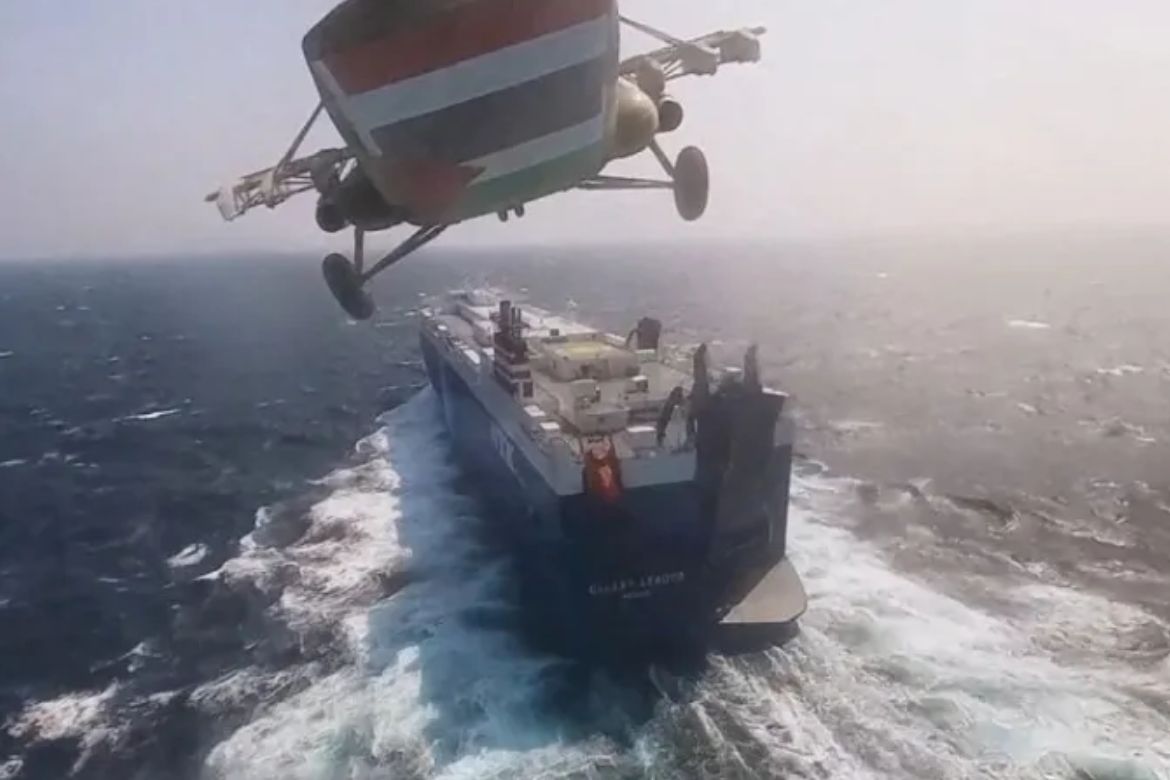A Syrian shipping magnate continues to control maritime and property ventures in Greece, despite being sanctioned by the US for alleged dealings with the Houthis and Hezbollah, an investigation by The National and Greek journalism group iMEdD has revealed.
The Rise of Abdul Jalil Mallah
Abdul Jalil Mallah, along with his brother Luay al-Mallah, has been instrumental in facilitating the transport of Iranian crude oil and liquefied petroleum gas to destinations such as Syria and East Asia. These operations have been conducted on behalf of the Islamic Revolutionary Guard Corps-Qods Force (IRGC-QF) and Hezbollah, entities designated by the U.S. Department of the Treasury for their involvement in terrorist activities. The Mallah family’s fleet, including vessels like the CONFIDENCE P, NOVA, RIVAL, and TIYARA, has played a pivotal role in this illicit trade.
Sanctions and Legal Challenges
In June 2021, the U.S. Department of the Treasury’s Office of Foreign Assets Control (OFAC) designated Abdul Jalil Mallah for his support to the IRGC-QF-backed Houthi financial network led by Sa’id al-Jamal. This designation aimed to disrupt the financial channels that fund the Houthis’ destabilizing activities in Yemen and the broader region.
Despite these sanctions, Mallah’s operations have continued, with properties and businesses linked to him flourishing in Athens, Greece. This persistence highlights the challenges in enforcing international sanctions, especially when assets are intertwined with legitimate economies. The resilience of Mallah’s network underscores the complexities of global maritime trade and the difficulties in monitoring and regulating illicit activities that are adept at exploiting legal and logistical loopholes.
The Greek Connection
Greece’s significant maritime industry has inadvertently become entangled in these illicit operations. Greek-owned shipping companies have been reported to transport substantial quantities of oil, including from sanctioned nations. Between April 2022 and February 2024, Greek firms were responsible for shipping 28% of all Russian oil exports, benefiting from increased tanker rates due to sanctions on Russian energy.
The involvement of Greek shipping magnates in transporting oil from sanctioned countries raises questions about the effectiveness of international sanctions and the ethical responsibilities of global maritime players. While these activities may not always directly violate sanctions, they often undermine the intended economic pressures designed to curb destabilizing actions by regimes like those in Syria and Iran.
Broader Implications
The case of Abdul Jalil Mallah exemplifies the broader challenges faced by the international community in enforcing sanctions and combating illicit trade. The adaptability of such networks, combined with the complexities of global trade, necessitates a multifaceted approach. This includes enhanced international cooperation, stricter regulatory frameworks, and the development of more sophisticated monitoring tools to detect and deter illicit activities effectively.
While international sanctions aim to dismantle illicit financial networks, Mallah’s continued presence in Greece highlights the challenges of enforcement. Despite legal battles, sanctions, and asset freezes, his business empire appears to persist—raising serious questions about the effectiveness of global regulatory mechanisms against sanctioned individuals.


